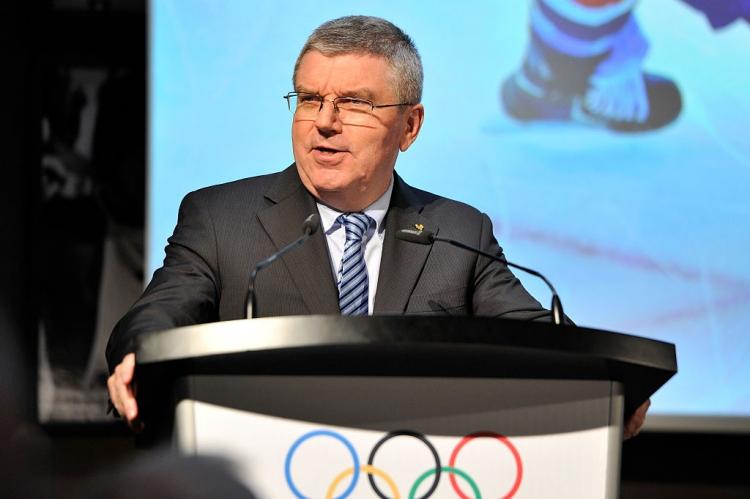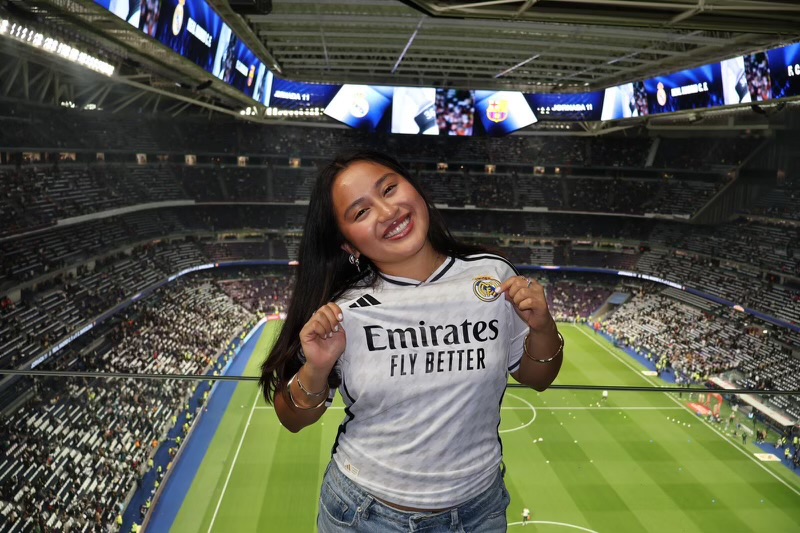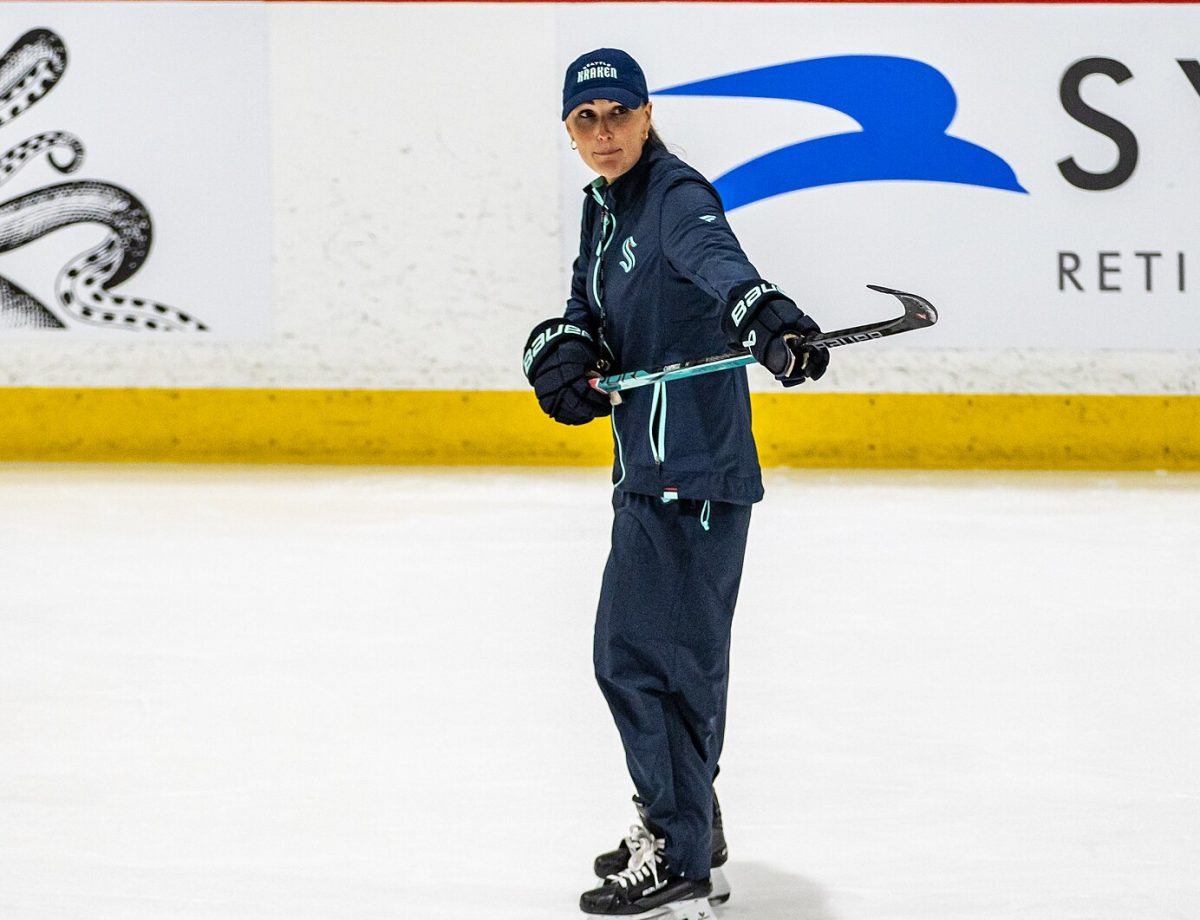Sports fans around the world eagerly await the summer 2016 Olympic Games in Rio de Janeiro, Brazil. The festivities have already begun, and this week on May 3, the Torch Relay traveled through Brasília, the capital of Brazil. The torch will move throughout the country, from the countryside to the resort town of Caldas Novas.
Torchbearers are typically former athletes or accomplished citizens from the host country, including two-time gold medalist in volleyball Fabiana Claudino and recent Fields Medal recipient Artur Ávila Cordeiro de Melo. Notably, this year’s ceremony will also feature twelve year old Syrian refugee Hanan Khaled Daqqah.
Hanan’s family has lived in São Paulo, the largest city in Brazil, since fleeing war in Syria in 2015. They previously lived in Idlib, Syria, until her father was imprisoned. After their escape, they spent two years in a refugee camp in Jordan before their acceptance into a refugee program run by the Brazilian government, which has issued 8,000 visas to Syrian refugees.
“I feel Brazilian” Hanan, who now attends Brazilian public school, says. She currently lives with her parents, two siblings, uncles and four cousins in an apartment, and her mother is pregnant with her younger brother.
Hanan is not the only Syrian refugee represented as the world watches the tradition of the Olympic Torch Relay. Ibrahim Al-Hussein, a swimmer, carried the torch through an Athens refugee camp home to 1,600 people last week. He lost part of his leg in a bombing in Syria in 2012. Al-Hussein, who was surrounded by refugee children as he carried the torch, used his moment in the spotlight to publicly wish for an end to all wars and express his hope that everyone can peacefully return to their homes.
Hanan and Al-Hussein’s opportunities to carry the Torch come as the International Olympic Committee (IOC) announce plans to allow a special refugee team to compete in the 2016 games. The IOC first revealed their intentions to form this team on March 2. The team will consist of between five and ten members who have been granted official refugee status by the United Nations. The Refugee Olympic Athletes (ROA) will be treated like any national team, including their own welcome ceremony in the Olympic Village.Because these athletes will not have a flag or national anthem to accompany them, they will be welcomed with the Olympic flag and anthem, according to IOC president Thomas Bach.
Photo courtesy of koreaportal.com




